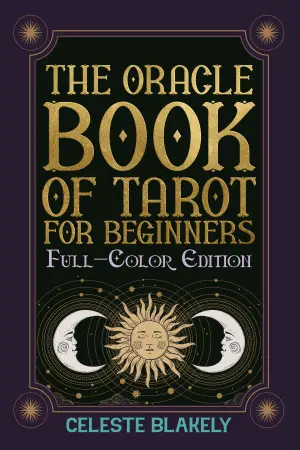A Dive into "Against the Loveless World": A Journey Through Resilience and Identity
When I first stumbled upon Against the Loveless World by Susan Abulhawa, I was drawn not only by its beautiful cover but also by the accolades it had garnered, including the Arab American Book Award. As someone who has always been fascinated by stories that illuminate diverse experiences, this novel’s promise of exploring the complexities of the Palestinian identity caught my attention. Little did I know, it would become a transformative reading experience that would linger in my thoughts long after I turned the last page.
At the heart of the story is Nahr, a young Palestinian woman whose life unfolds against the backdrop of historical upheaval—from her birth in Kuwait to her fraught experiences as a refugee throughout the Middle East. Abulhawa crafts a narrative that poignantly melds personal and political struggles, taking us through Nahr’s dreams, heartaches, and occasional victories. The author’s breathtaking prose shines as it captures not just the pain of displacement but also the deeply nuanced resilience of a woman determined to carve out a life amid chaos and conflict.
One of the book’s most striking elements is Nahr’s character development. Abulhawa presents her not as a mere victim of circumstance but as a vibrant, multifaceted individual whose humor and inner strength resonate profoundly with readers. I found myself rooting for her every step of the way, a testament to Abulhawa’s skillful character creation. As another reviewer noted, the portrayal of Nahr and those around her transcends conventional storytelling. Each character feels real, intertwined with the larger narrative of struggle and hope. Their stories illuminate the beauty and pain of Palestinian culture—a theme that strikes a chord in today’s global landscape.
The writing style is rich and evocative, immersing you immediately into the emotional depth of Nahr’s experiences. Abulhawa’s choice to narrate the story in a non-linear fashion expertly mimics the complexities of memory and trauma, creating a narrative flow that keeps readers engaged. The moments of levity intermixed with the heavy themes feel organic, offering a refreshing balance.
One of the most resonant aspects of the novel is its portrayal of Palestine itself. It is not merely a backdrop but a character in its own right—its beauty, its traditions, and its struggles seep through every page. Against the stark realities of occupation, Nahr’s enduring love for her homeland becomes a powerful refrain that echoes brilliantly in the reader’s mind.
As I closed the book, I couldn’t shake the feeling of having been privy to something truly significant. This work not only enriches your understanding of Palestinian experiences but also invites you to reflect on broader themes of love, loss, resilience, and identity. It’s a book that asks you to question, to empathize, and ultimately to cherish the intricate tapestry of human life.
I wholeheartedly recommend Against the Loveless World to anyone seeking a profound, beautifully crafted story that plunges into the depths of resilience amidst adversity. It’s a must-read for lovers of literary fiction, as well as for those interested in stories that challenge dominant narratives. Abulhawa has not only crafted a stunning narrative but also opened a door to understanding and compassion that is hard to forget.
In a world increasingly divided, Against the Loveless World is a reminder of the human spirit’s indomitable strength and the enduring power of hope. Thank you, Susan Abulhawa, for this unforgettable journey.
You can find Against the Loveless World: A Novel here >>






